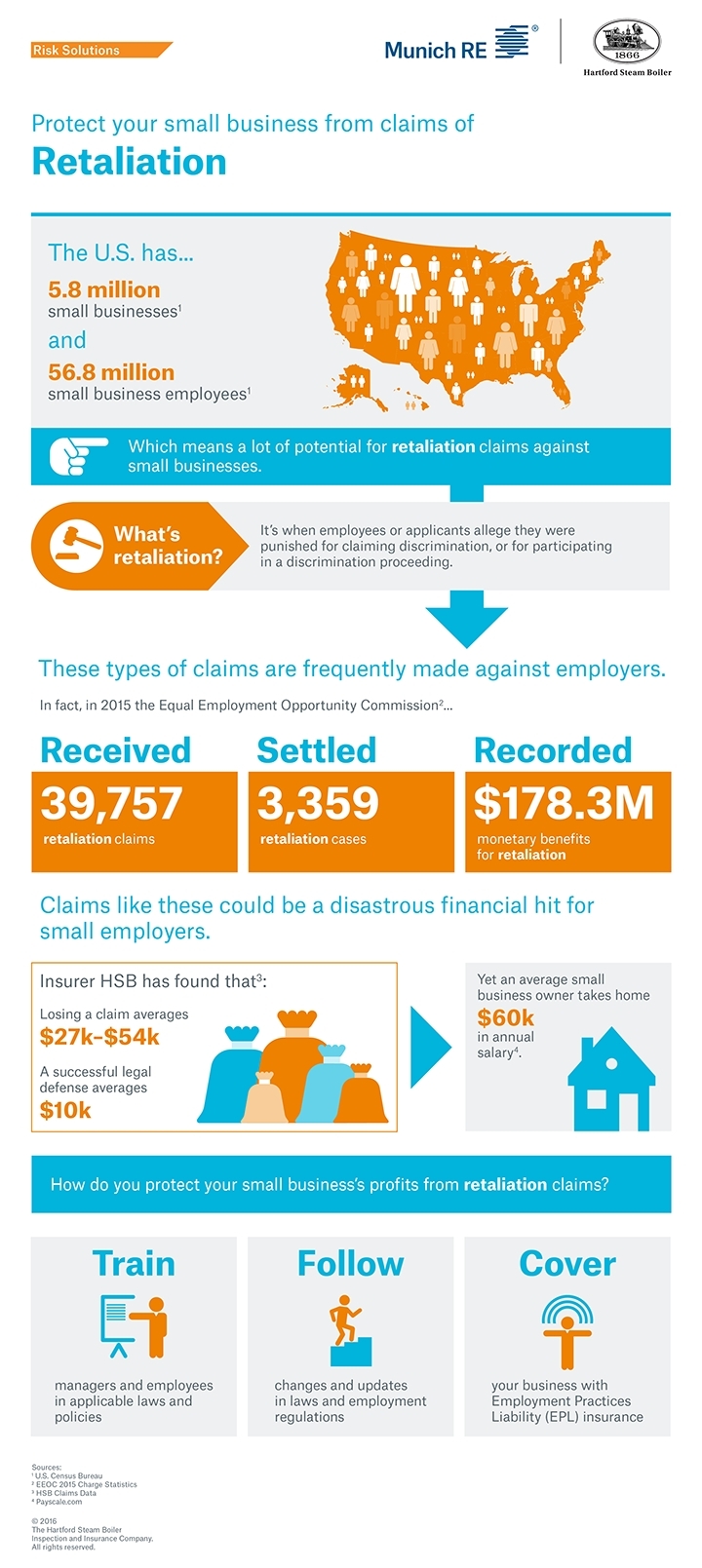Building A Robust Benefit Program For Small Business Employees
Three of four small-business employees surveyed said they are very satisfied with their job because they work for a small business.
However, nearly 72 percent of small-business employees stated an improvement in their benefits offering would make them even happier employees.1 Working for a small business can be appealing for many reasons.
Some factors that contribute to small business employees’ job satisfaction include being rewarded for hard work, flexibility in scheduling, knowledge of how their job fits into the big picture and feeling like their input matters.
These and other interesting data were gleaned from Aflac’s 2017 Happiness Report.
Despite the many upsides of working for a small business, there is one area with room for improvement – benefits offerings. Here are a few ways small-business employers can ramp up their benefits:
Ken Meier, Aflac Northeast Territory vice president offers some thoughts on how some of these obstacles can be overcome by small business leaders.
- Personalize benefits. Small businesses are often a unique kind of workplace, so by nature, their benefits offerings should not be one-size-fits-all. By gathering ongoing feedback from employees, small-business owners can tailor their benefits packages to meet the needs and desires of their unique workforce. While many employees typically appreciate the standard benefits offerings, such as major medical, vision and dental insurance, they may also seek out non-health benefits including training programs, tuition reimbursement, fraud protection, or maternity and paternity leave. Tailoring benefits will ensure that employees are able to find perks that meet their needs.
- Diversify your offerings. One way to stand above other employers is by offering benefits beyond major medical insurance, such as supplemental insurance or value added services. Supplemental insurance is a no-cost way to offer a broader benefits package to employees. Insurance products like critical illness, cancer and hospital indemnity give additional financial protection to employees facing major out-of-pocket expenses like high deductibles, overnight hospital stays, travel and lodging, or high prescription costs. Supplemental insurance can be a financial safety net for employees and help relieve some of their financial stress allowing them to stay more focused on their work.
Some providers like Aflac are expanding even further and offering value-added services as part of the portfolio. These services are designed to be used independent of an accident or illness. For example, bill negotiation services help employees manage non-covered bills, reducing out of pocket responsibility. Another example is telemedicine, which enables employees to consult with a medical professional online and receive personalized treatment remotely, on-the-go. Many of these non-traditional benefits are available at no cost to the employer while having a very positive impact on employees’ financial wellbeing and perception of their employer.
Adds Meier, communicate with your employees. Engaging employees throughout the entire benefits enrollment process is essential to improving the overall benefits experience for small-business employees. This not only means listening to what their needs are, but also providing information on what the benefits package entails in an easy-to-understand manner. This can include information such as when employees should enroll in benefits, which services may be most beneficial to them given their current life stage and how to make the most of their benefits. Improving benefits without properly communicating how to utilize them leaves both employers and employees at a disadvantage. Small-business employees typically enjoy more transparency than other workplaces, and this can certainly apply to benefits packages.
Small businesses have much to offer to their employees, and benefits can be a major component. Employees can enjoy the transparency, opportunities for growth and close-knit feelings associated with working for small businesses, while also ensuring their needs are met in the way of benefits. By constructing a robust benefits package for their employees, small-business owners can continue to score high in employee satisfaction and retention, and ensure they are setting up their employees for success.
Ken Meier has more than 20 years of experience in voluntary benefits sales in the insurance industry and is territory vice president of the Northeast. He is responsible for sales, marketing, recruiting and training from Maine to Virginia.




